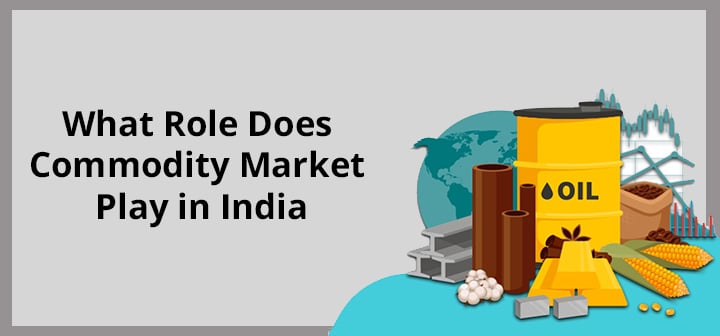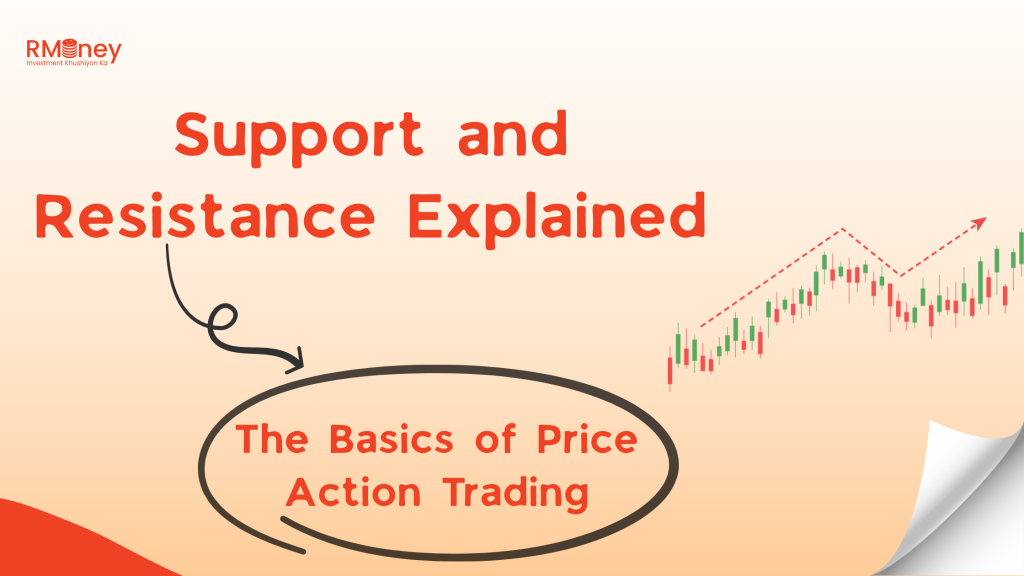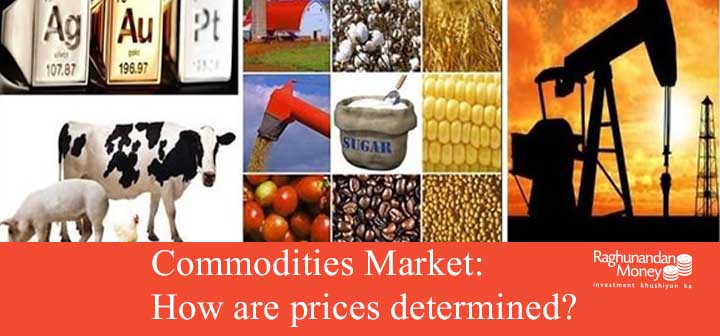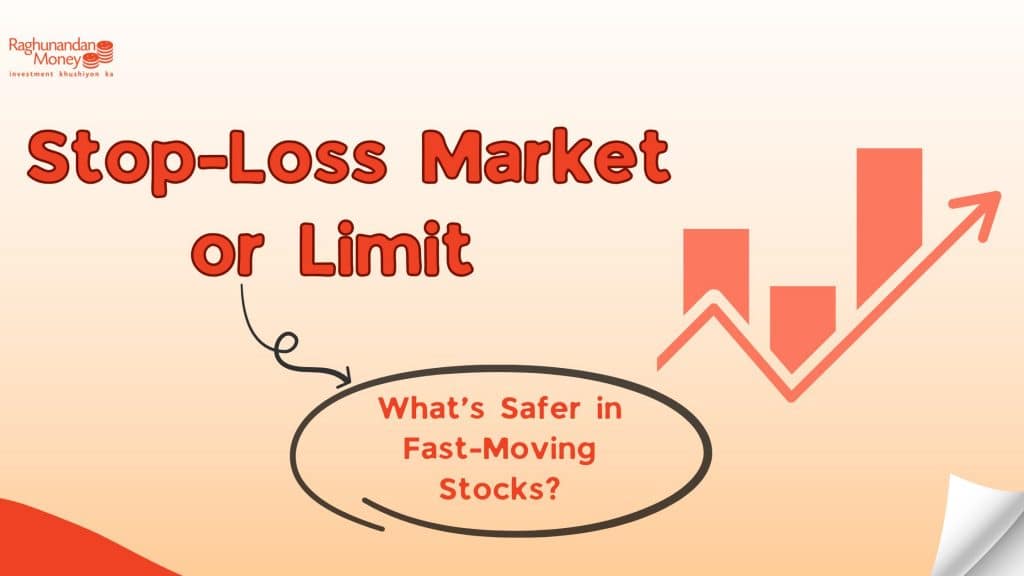The Indian commodity market and the commodities trading have existed for years now in the country. However, officially the exchange-traded mechanism in India started somewhere around 2003. Despite various issues, there is a viewing and trading platform for commodities in India.
The commodity markets have always remained a little less popular compared to stock markets. But, the commodity markets play a vital role in the development and functioning of the Indian economy.
Here are some important roles that the Indian commodity market plays.
Essential Role of Commodity Market in India
Higher Investment in Indian Agricultural Ecosystem
The absence of well-developed post-harvest infrastructure in India happens to be one of the biggest challenges for the agricultural sector in the country. This results in the loss of a substantial amount of food grain during the transmission thereby adversely affecting their prices putting the farmers at loss. A well-regulated commodity market will act as a boon for all the stakeholders including farmers, brokers, middlemen, consumers, and investors. This will also encourage greater investments in the agricultural ecosystem in the form of better warehousing facilities and improved transportation systems. This, in turn, can also result in a developed ecosystem.
Aggregation and Financing of the Agri Sector
Indian farmers are not only small but are also highly dispersed. This dispersion of the farmers poses to be yet another challenge. An aggregator comes to the rescue in such a scenario. The role of an aggregator currently is played by the middlemen, which hampers the transparency of the entire mechanism. An organized commodity market, in this case, will prove beneficial to play the role of an aggregator effectively for the agricultural produce. Dispersed farmers can make the best use of the organized mechanism of the commodity market. The second aspect of the commodity markets happens to be financing. Commodity markets provide an opportunity to raise finances against the warehouse receipts thus prohibiting the agricultural sector to depend on the unorganized sector.
Ensuring Food Security
Bad warehousing facility in India is forcing the farmers to take risks with their farm produces. However, the futures market can be used effectively by farmers for selling their grains by locking in a price. This will ensure that the price fluctuations do not adversely affect the prices. Oversupply of a single commodity in the market weakens the prices which can be overcome by selling futures on that particular commodity at a price that is remunerative for the farmers.
Net Asset Class for Retail Investors
Indian investors for long have been limited to traditional asset classes like physical gold, real estate, bonds, FDs, and other safer investment avenues. However, investors indirectly invested their money in the commodities through equities. A regulated and organized commodity exchange (MCX, NCDEX, ICEX) provides an opportunity for small and medium investors to participate directly in the new asset class i.e., in commodities. This also helps the investors in diversifying their investment portfolio. It also offers a wide range of commodities ranging from agriculture to metals for investors to put their money in.
Distributing the Risk
The commodity market offers yet another benefit of reducing the risk and protecting the investors. It also helps in hedging prices. For instance, if an investor wants to hedge against the gold prices he can do so by selling the gold futures at a locking price. A regulated commodity market granulates the risk by making a large group of investors share it.
The Indian commodity market is still growing and has a long way to go yet. Despite the less popularity compared to the equity markets, the commodity market manages to play a vital role in discovering prices, hedging risks, and in developing the Indian economy.

Stock Trading Now trade in ₹9 Per Order or ₹ 999 Per Month Plans.
Future & Options Access F&O contracts with advanced tools for hedging and speculation.
Currency Trading Trade in major currency pairs and manage forex exposure efficiently.
Commodity Trading Diversify Trading with MCX & NCDEX by Trading in Gold, Silver, Base Metals, Energy, and Agri Products.
Margin Trading Funding Boost your buying power with upto 5X, Buy now Pay Later
Algo Trading Back test, Paper Trade your logic & Automate your strategies with low-latency APIs.
Trading View Leverage Trading View charts and indicators integrated into your trading platform.
Advanced Options Trading Execute multi-leg option strategies with precision and insights.
Stock Lending & Borrowing Earn passive income by lending stocks securely through SLB.
Foreign Portfolio Investment Enable NRIs and FPIs to invest in Indian markets with ease and compliance.
IPO Invest in upcoming IPOs online with real-time tracking and instant allotment updates.
Direct Mutual Funds 0% Commissions by investing in more than +3500 Direct Mutual Fund Scheme.
Corporate FDRs Earn fixed returns with low-risk investments in high-rated corporate fixed deposits.
Stocks SIPs Build long-term wealth with systematic investment plans in top-performing stocks.
Bonds & NCDs Access secure, fixed-income investments through government and corporate bond offerings.
Depository Services Safely hold and manage your securities with seamless Demat and DP services with CDSL.
Journey Tracing our growth and milestones over time.
Mission & Vision Guided by purpose, driven by long-term vision.
Why RMoney Platform Smart, reliable platform for all investors' needs.
Management Experienced leadership driving strategic financial excellence.
Credentials Certified expertise with trusted industry recognition.
Press Release Latest company news, updates, and announcements.
Testimonials Real client stories sharing their success journeys.
7 Reasons to Invest Top benefits that make investing with us smart.
SEBI Registered Research Trusted insights backed by SEBI-compliant research.
Our Technology Advanced tools enabling efficient online trading.
Calculators Access a suite of smart tools to plan trades, margins, and returns effectively.
Margin Calculator Instantly check margin requirements for intraday and delivery trades.
MTF Calculator Calculate MTF funding cost upfront to ensure full transparency before placing a trade.
Brokerage Calculator Know your exact brokerage charges before placing any trade.
Market Place Explore curated investment products and trading tools in one convenient hub.
RMoney Gyan Enhance your market knowledge with expert blogs, videos, and tutorials.
Performance Tracker Track our research performance with full transparency using our performance tracker.
Feedback Share your suggestions or concerns to help us improve your experience.
Downloads Access important forms, software, and documents in one place.
Locate Us Find the nearest RMoney branch or service center quickly.
Escalation Matrix Resolve issues faster with our structured support escalation process.
Back Office Log in to view trade reports, ledger, and portfolio statements anytime.
Account Modification Update personal or bank details linked to your trading account.
Fund Transfer Transfer funds instantly online with quick limit updation to your trading account.
Bank Details View our registered bank account details for seamless transactions by NEFT, RTGS or IMPS.
How to Apply IPO Step-by-step guide to apply for IPOs using your trading account.
RMoney Quick Mobile App Trade on-the-go with our all-in-one mobile trading app.
RMoney Quick login Quickly access your trading account through the RMoney Quick web-based trading.
RMoney Rocket Web Version Experience powerful web-based trading with advanced tools for algo traders.
RMoney Rocket Mobile Version Trade anytime, anywhere with our feature-rich mobile trading platform.




















